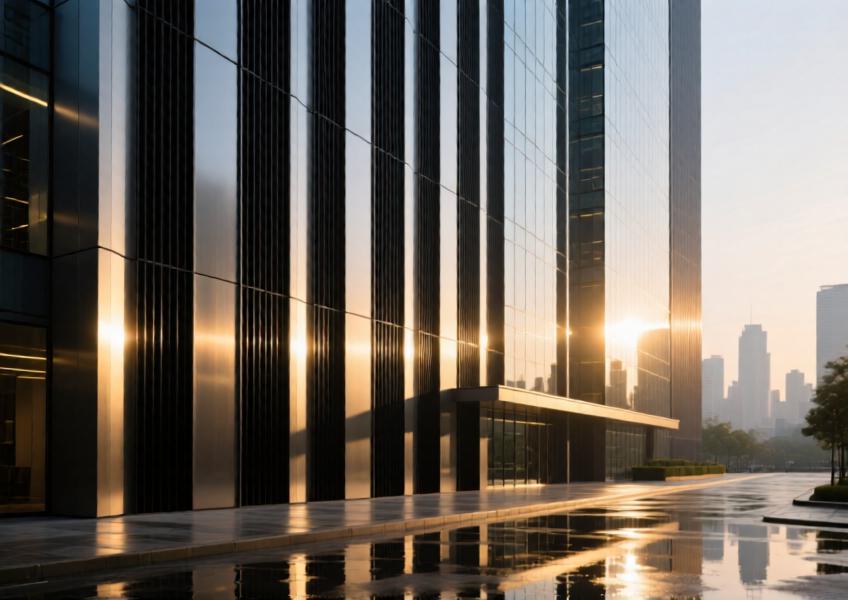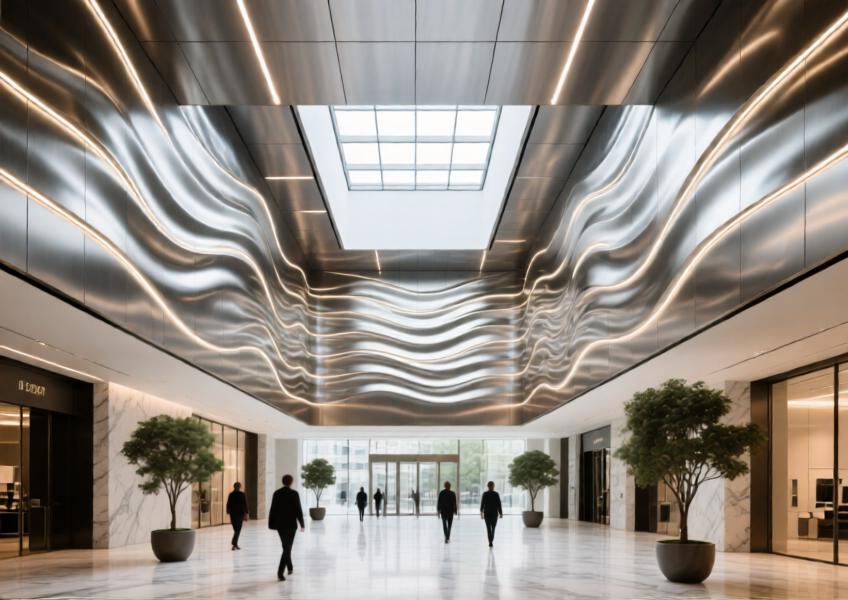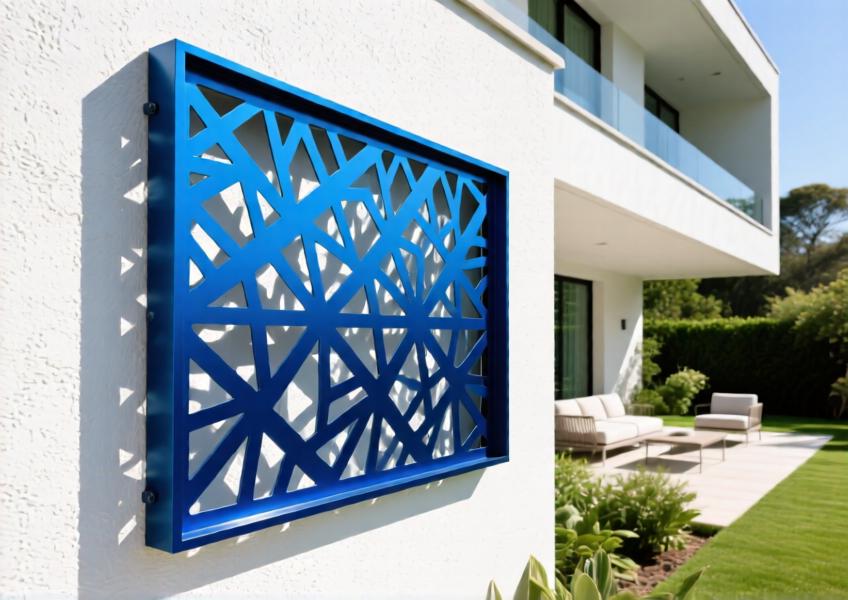

In the evolving landscape of architectural design, aluminum has emerged as a cornerstone material, blending durability with aesthetic appeal. Among its many applications, al cladding stands out for its transformative impact on modern buildings. Whether used in curtain walls, ceilings, or decorative elements, aluminum offers architects and designers a versatile medium to craft spaces that are both functional and visually striking.

Aluminum curtain walls have redefined building exteriors, offering sleek profiles and exceptional structural integrity. These systems not only enhance a building’s energy efficiency but also allow for expansive glass facades that flood interiors with natural light. In urban high-rises, al cladding serves as a lightweight yet robust shield, resisting weathering while contributing to a minimalist, contemporary look. The adaptability of aluminum allows for creative detailing—such as curved surfaces and dynamic patterns—that push the boundaries of traditional architecture.
Equally compelling is the use of aluminum in interior ceilings. With its clean lines and reflective qualities, aluminum adds a sense of openness and sophistication to commercial and residential spaces. Suspended ceilings with al cladding integrate seamlessly with lighting and HVAC systems, offering both practicality and elegance. In high-traffic areas like airports and shopping centers, these ceilings provide acoustic control and easy maintenance, proving that form and function can coexist harmoniously.

Beyond structural applications, aluminum decorative materials offer endless design possibilities. From perforated panels that create intricate shadow play to metallic finishes that catch and refract light, aluminum adds a layer of depth and texture to interiors and exteriors alike. Designers are increasingly turning to al cladding to craft feature walls, room dividers, and facades that stand out without overwhelming the senses.

As sustainability becomes a priority, aluminum’s recyclability and long lifespan make it an environmentally responsible choice. Its ability to elevate aesthetics while meeting performance demands ensures that al cladding will remain a defining element of modern architecture for years to come.